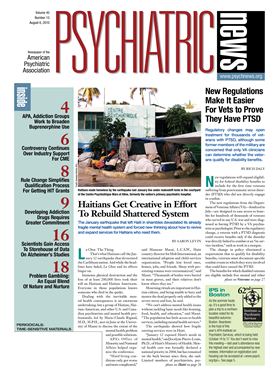What are the odds of developing an addiction to problem gambling?
About 50 percent genetic and about 50 percent environmental, reported Wendy Slutske, Ph.D., a professor of psychology at the University of Missouri-Columbia, and her colleagues in the June Archives of General Psychiatry.
Although men are twice as likely to have a gambling problem as women, women now represent nearly half of all individuals in treatment for the condition. So Slutske and her colleagues wanted to learn more about problem gambling in women—specifically, how much is attributable to genes and how much to environment.
Their cohort included a national sample of 4,674 Australians from the Australian Twin Registry Cohort II. Subjects included both identical and fraternal twins; 57 percent were women. Subjects were on average age 38.
Each subject was evaluated through a structured phone interview regarding problem gambling using the National Opinion Research Center DSM-IV Screen for Gambling Problems, which had been developed for an American gambling survey in 1999. It evaluates people for problem gambling on the basis of the 10 DSM-IV diagnostic criteria for it.
Three percent of the men (70 out of 2,037 male subjects) and 1.3 percent of the women (34 out of 2,727 female subjects) were found to have an overall lifetime prevalence of pathological gambling. The researchers then used a statistical procedure called biometric modeling to determine how much of the subjects' gambling problem was due to genes and how much to the environment. The answer was 49 percent genetic and 51 percent environmental for men and 52 percent genetic and 48 percent environmental for women—in other words, about equal for both sexes.
“This study establishes for the first time that genes are as important in the etiology of disordered gambling in women as they are in men and that the susceptibility genes contributing to variation in liability for disordered gambling are likely to overlap considerably in men and women,” the researchers concluded.
The challenge now, Slutske told Psychiatric News, is to identify the genes that contribute to pathological gambling. For example, some dopamine genes have already been implicated in the condition, she said, but other genes are undoubtedly involved as well.
Identification of environmental factors that abet problem gambling is likewise crucial, she noted. For instance, there is some evidence that easy access to gambling is one such risk factor, since “in a national survey conducted in the United States, living within close proximity to a casino was associated with higher rates of problem gambling,” she said. “Yet while some people consider slot machines the ‘crack cocaine’ of gambling, there is not yet strong evidence to support the idea that slot machine gambling is especially addictive compared to other forms of gambling, although more research probably needs to be done....”
The study was funded by the National Institutes of Health.

